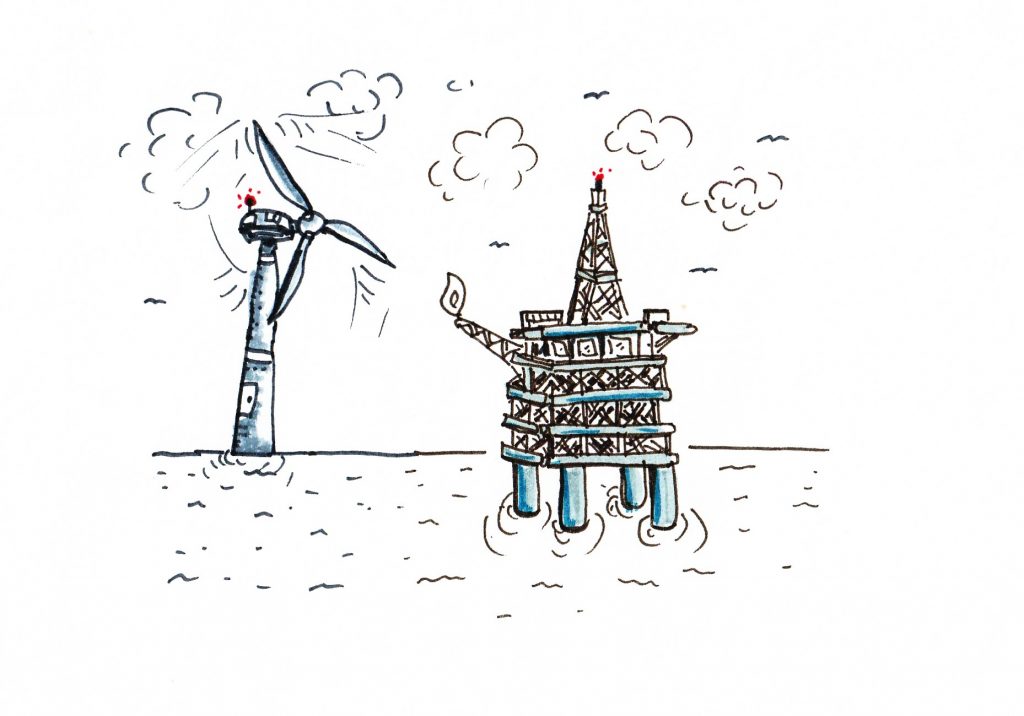Norway has a long history of carbon management. For nearly 30 years, it has captured and reinjected carbon from gas production into seabed formations on the Norwegian continental shelf.
Norway’s government wants to show the world it is possible to safely inject and store carbon waste under the seabed, saying the North Sea could soon become a ‘central storage camp’ for polluting industries across Europe.
Norway’s carbon management projects (Sleipner and Snøhvit) have been in operation since 1996 and 2008, respectively, and are often held up as proof of the technology’s viability. These facilities separate carbon from their respective produced gas, then compress and pipe the carbon and reinject it underground.
Carbon capture storage – nothing new
Offshore carbon capture and storage (CCS) refers to a range of technologies that seek to capture carbon from high-emitting activities, transport it to a storage site and ‘lock’ it away indefinitely under the seabed.
Norway is currently a leading pioneer in carbon capture and storage (CCS), a technology that aims to reduce greenhouse gas emissions by trapping carbon dioxide from industrial sources and injecting it into underground reservoirs. Norway has been operating CCS projects in the North Sea since 1996, using depleted oil and gas fields as storage sites.
Norway’s ambitious plan to expand CCS is called Project Longship, which involves building a full-scale CCS value system that can serve as a model for other countries and industries. The project consists of two parts: a capture facility in Brevik that will process emissions from a cement factory, and a transport and storage system that will ship the captured CO2 by ship to an offshore terminal and inject it into a permanent storage location in the North Sea.
Project Longship is expected to be completed by 2024, with a reported capacity to store 1.5 million tonnes of CO2 per year. The project has a total cost of 1.7 billion euros, of which the Norwegian government will cover 80%. The project is also supported by the European Union, which sees CCS as a key climate solution.
Norway’s current Energy minister (2004) reportedly said that the project will prove to the world that CCS is possible and necessary to meet the Paris Agreement goals. He also said that the North Sea could become a ‘central storage camp’ for CO2 from other countries and industries, as it has the potential to store up to 1.25 billion tonnes of CO2. That’s a real concern to me.
Long-term safety concerns
However, not everyone is convinced by Norway’s CCS vision. Some critics have raised concerns about the long-term safety and environmental impacts of storing CO2 under the seabed, as well as the ethical and moral implications of using the North Sea as a dumping site for carbon waste.
Norway’s CCS project is a controversial and complex undertaking that will test the feasibility and acceptability of this technology.
Whether it will succeed or fail remains to be seen, but it will certainly have a significant impact on the future of climate action.
Is it safe or wise to pump waste into and hide it under the sea? Humankind doesn’t have a very good track record when it comes to clearing up after itself, does it? Go look at the rubbish in space!

Only time will tell?




